The situation in Afghanistan is nothing short of chaotic as the Taliban take over the country. As borders to surrounding countries close and flights out of the country become harder to come by, some dedicated animal rescuers in Kabul have been risking everything to save the pets in their care.
When the Taliban entered their neighborhood, Kabul Small Animal Rescue worried about the stability of their shelter and the safety of their animals. It would take a lot of coordination and commitment to the dogs and cats to get them out of Afghanistan and into safe new homes.
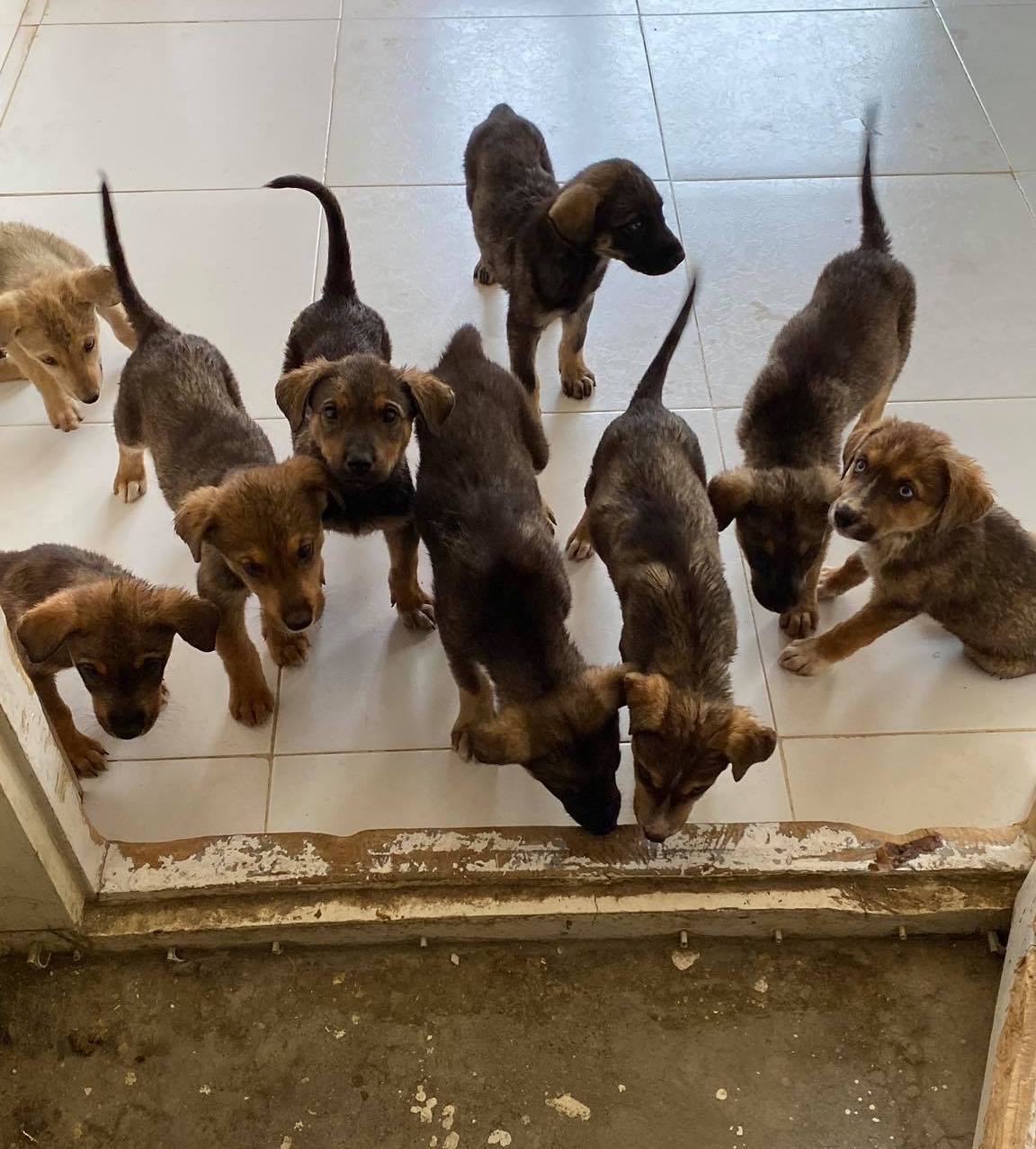
A Call For Help Reaches The U.S.
Sadly, KSAR knew they would have to euthanize all their animals they couldn’t evacuate. When asked why they wouldn’t return them to the streets for a chance, the organization explained on Facebook how the human crisis will affect strays:
“The cash crisis and supply chain issues will in turn lead to shortages of food which means there will not be food on the streets for dogs and cats to scavenge and all of the animals we are caring for are very used to human contact and the last thing we would want is for them to be approaching people in the streets expecting a warm welcome only to find the exact opposite.”
To complicate things further, the U.S. government instituted a yearlong ban on importing dogs from 114 countries, including Afghanistan. Still, KSAR operators felt dedicated to the animals at their shelter.
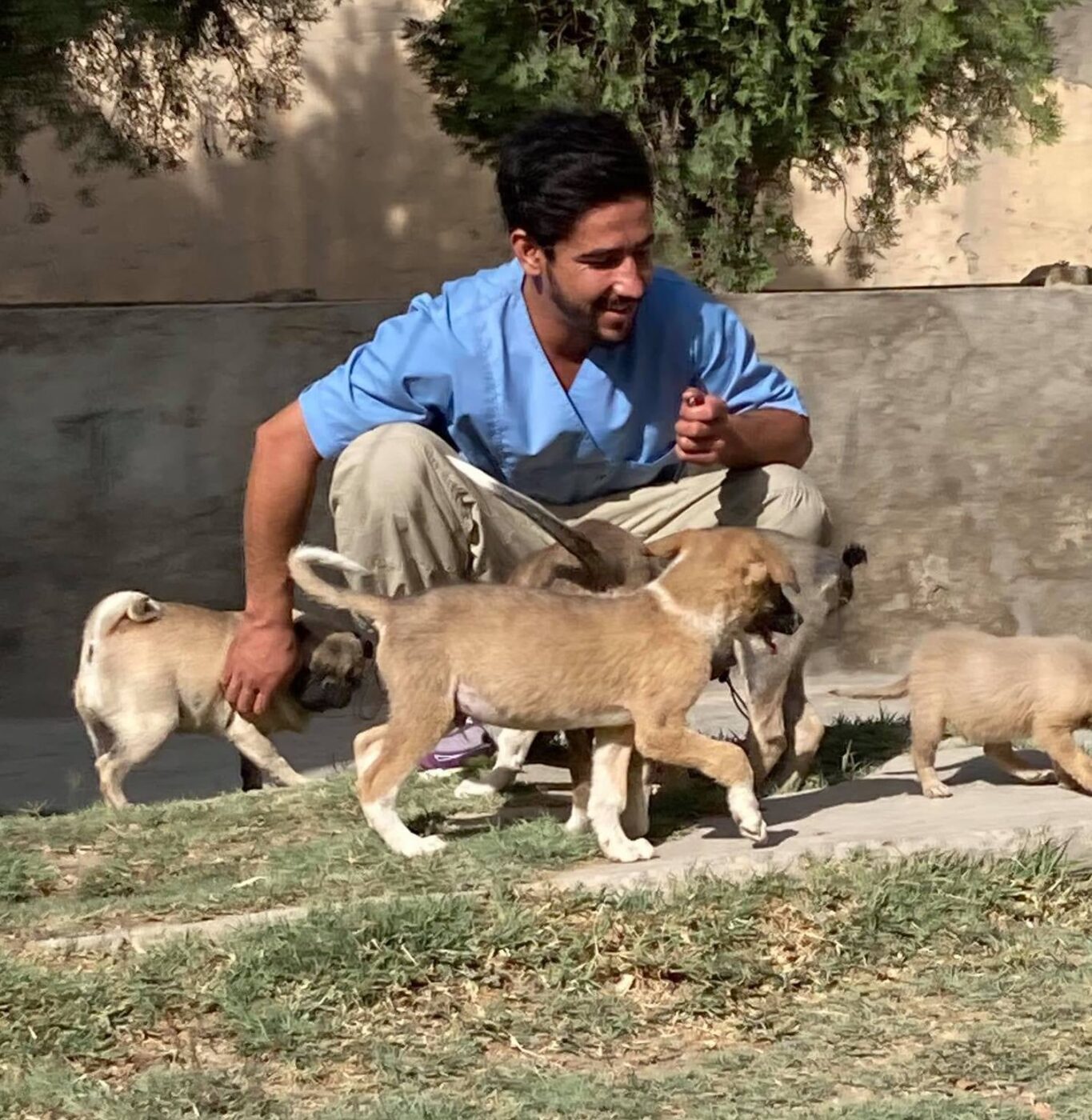
Charlotte Maxwell-Jones, an American archaeologist-turned-animal activist, founded KSAR with a team of Afghan veterinarians. She knew this situation would require exploring all connections.
“When we knew we needed to rehome our dogs, we sent out an alert to every U.S. rescue we’d ever connected with to help.”
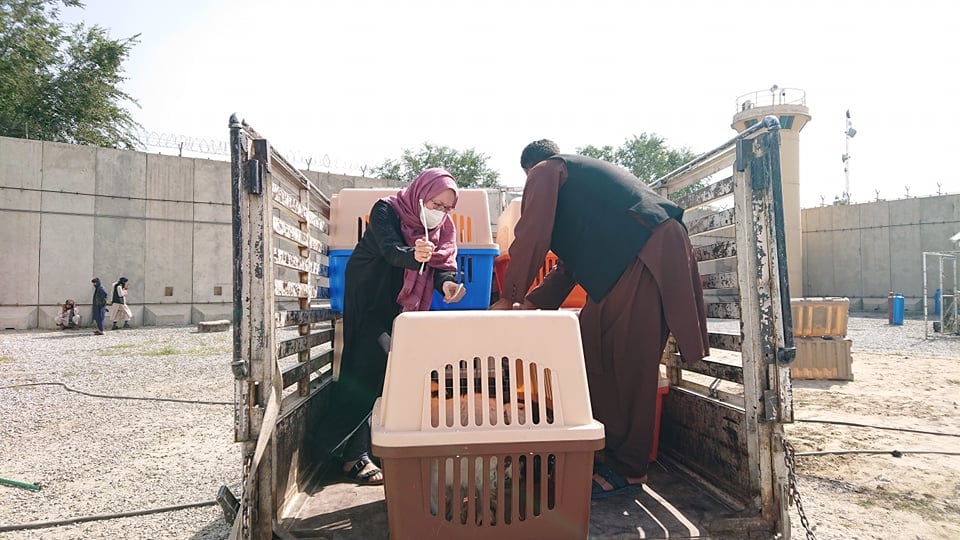
Fortunately, that call for help reached Sally Mars, who runs Mutt Mutt Engine with her husband Chris. Rather than taking animals themselves, the Minneapolis-based Mutt Mutt Engine works as a transport organization. They offer support and assistance to other animal welfare organizations that rescue dogs from the southern U.S., Mexico, and other countries.
The Complex Logistics Of Transporting Dogs From Afghanistan
Through donor assistance, Mutt Mutt Engine arranges and funds transportation to bring dogs in need to U.S. rescue groups, who then prepare them for permanent homes. So, Mars went to work finding different organizations who could take in the dogs from Kabul.
Maxwell-Jones vetted the dogs and brought them to the Kabul airport, fully vaccinated and with all their necessary paperwork.
“We were sending out three or five or nine dogs at a time. We had to be at the airport at 4 a.m. to check them in, every day for 10 days. It was insane.”
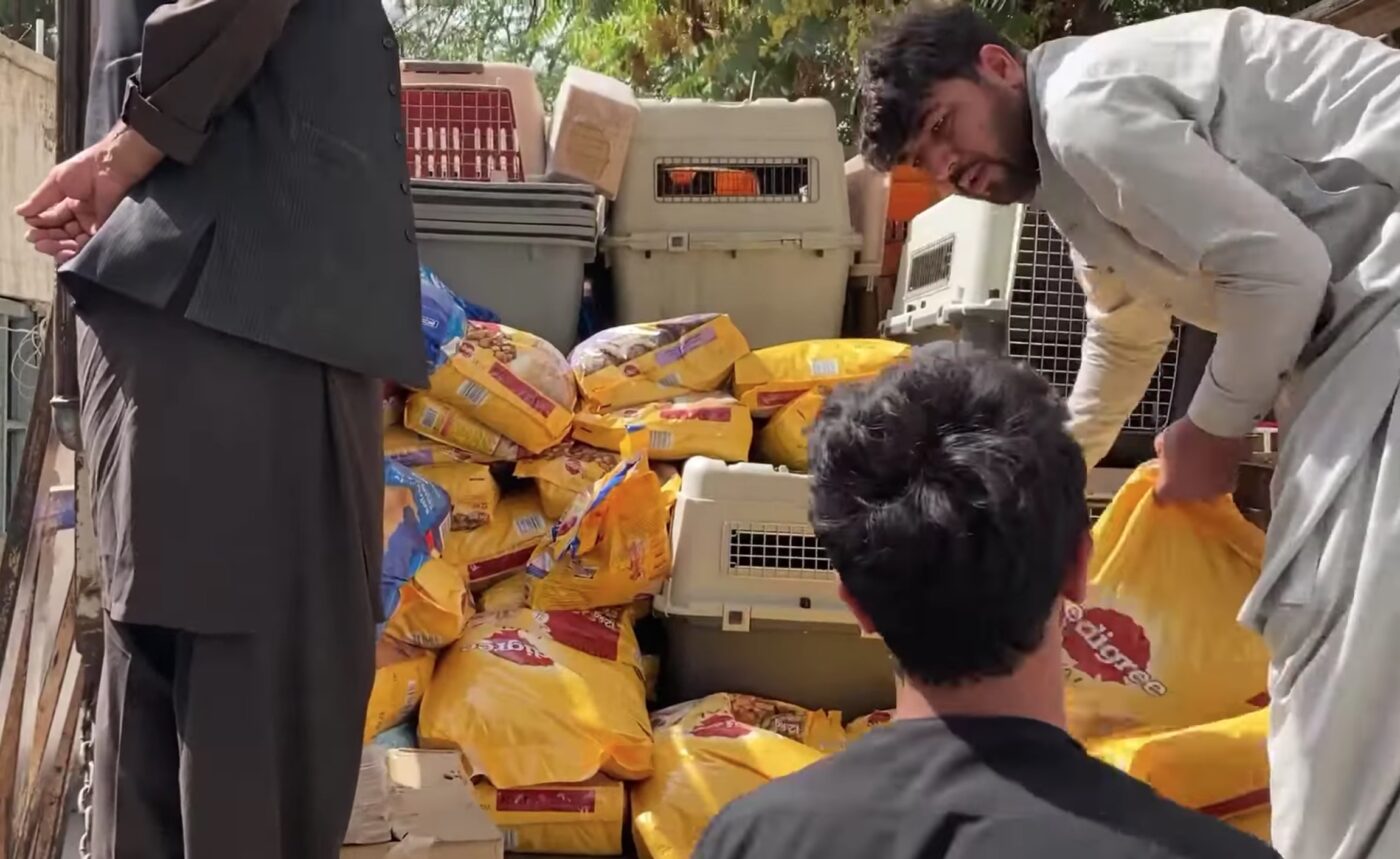
Once the dogs were aboard a flight, Mars tracked them in the air. She then helped them clear customs and transfer to connecting flights to the U.S. rescue groups she recruited.
“It was 10 days of being on call, with two all-nighters. But the word got out and there was an amazing outpouring everyplace where the dogs landed.”
Volunteers, including vets who served in Afghanistan, met several of the dogs who arrived at Chicago’s O’Hare airport. They cleaned the dogs and gave them water before the next legs of their journeys. Mutt Mutt Engine volunteer Steffany Fleming shared:
“We took turns sitting with them to let them decompress while we replaced the bedding in their crates. I love that I could be a small part of such a wonderful big project.”
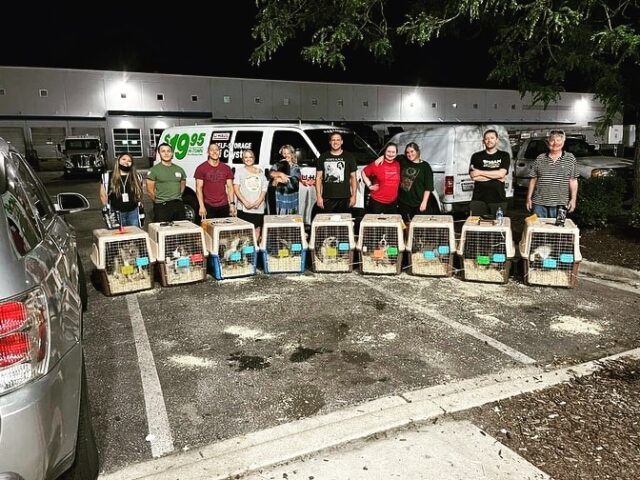
Finding New Homes For The Relocated Dogs
Of the 48 dogs removed from the Kabul shelter, 16 arrived in Minnesota. They were taken in by three different organizations. One of those groups, No Dog Left Behind Canine Rescue, took in four dogs who are currently being fostered.
Natalie Carrier-Janey, foster coordinator for No Dog Left Behind, is confident they’ll all find loving homes:
“We will absolutely find homes for them. Adopters love stories like this, being at the end of such an effort to save dogs. We don’t know how they pulled it off, but when you do something good for dogs, it seems like there’s always some magic that makes it work.”
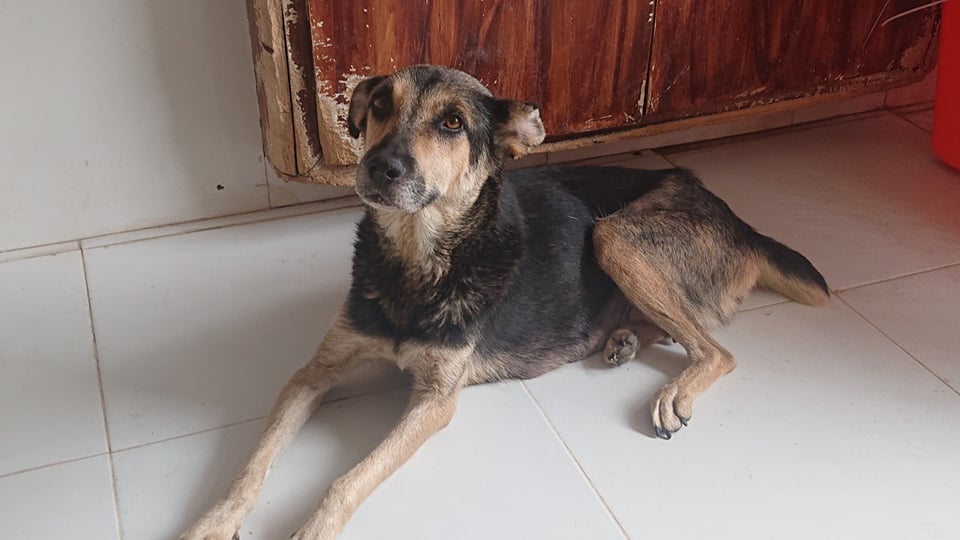
Five dogs made their way to Contented Critters, an organization in rural Makinen, Minnesota. Shelter director Hailey Worth said it’s hard to tell these dogs came from a war zone.
“I was thinking, ‘What will they be like? What kind of manners will they have?’ I can tell you they’re super nice dogs; you would never know what they’ve been through. They have these nice sad faces, good hearts. It’s rewarding to have them come all the way over here and get a second chance on life.”
Not all of the rescue dogs will find their forever homes in Minnesota. Seven of the dogs now reside at Home for Life in the St. Croix Valley, a care-for-life sanctuary that’s home to 200 dogs and cats from around the world.
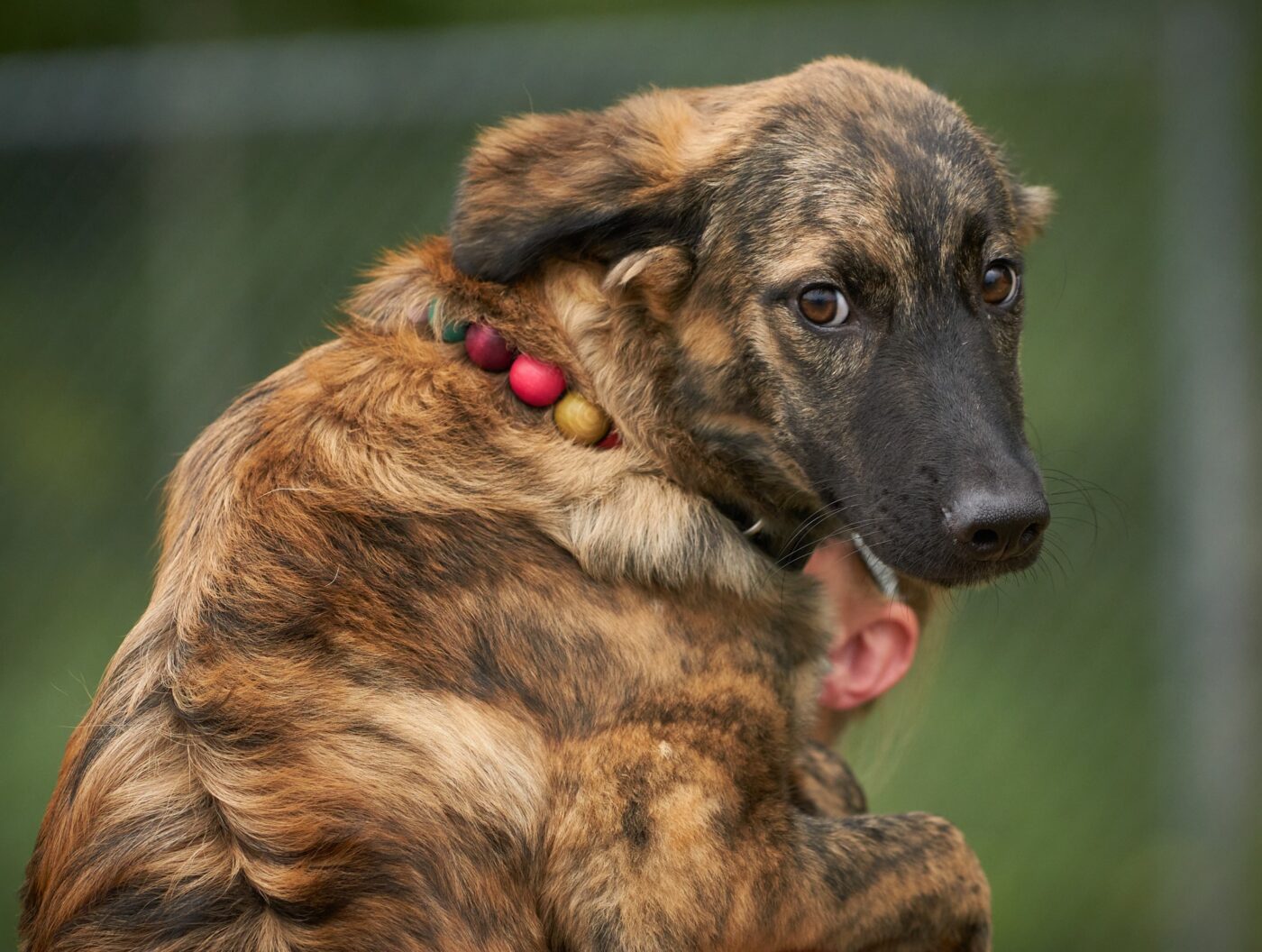
Lisa LaVerdiere, founder of Home for Life, told Star Tribune:
“Some animals can’t adapt to a household, because of their age, disability, complex medical condition or the cruelty they experienced. Rarely are they adopted but we can give them a permanent home. It’s not conventional but they’re happy here.”
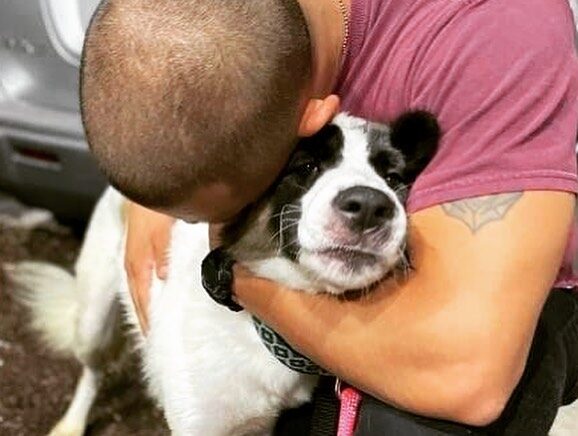
When People Who Care Work Together
Mars did a lot of work to get these dogs safely overseas. Still, she acknowledges what a massive international effort this rescue was:
“People from different ideologies and walks of life came together to make this happen and I’m not giving up hope that we can do more. I’m very tenacious. If there’s no solution it’s because someone hasn’t thought one up yet. I’m already on it.”
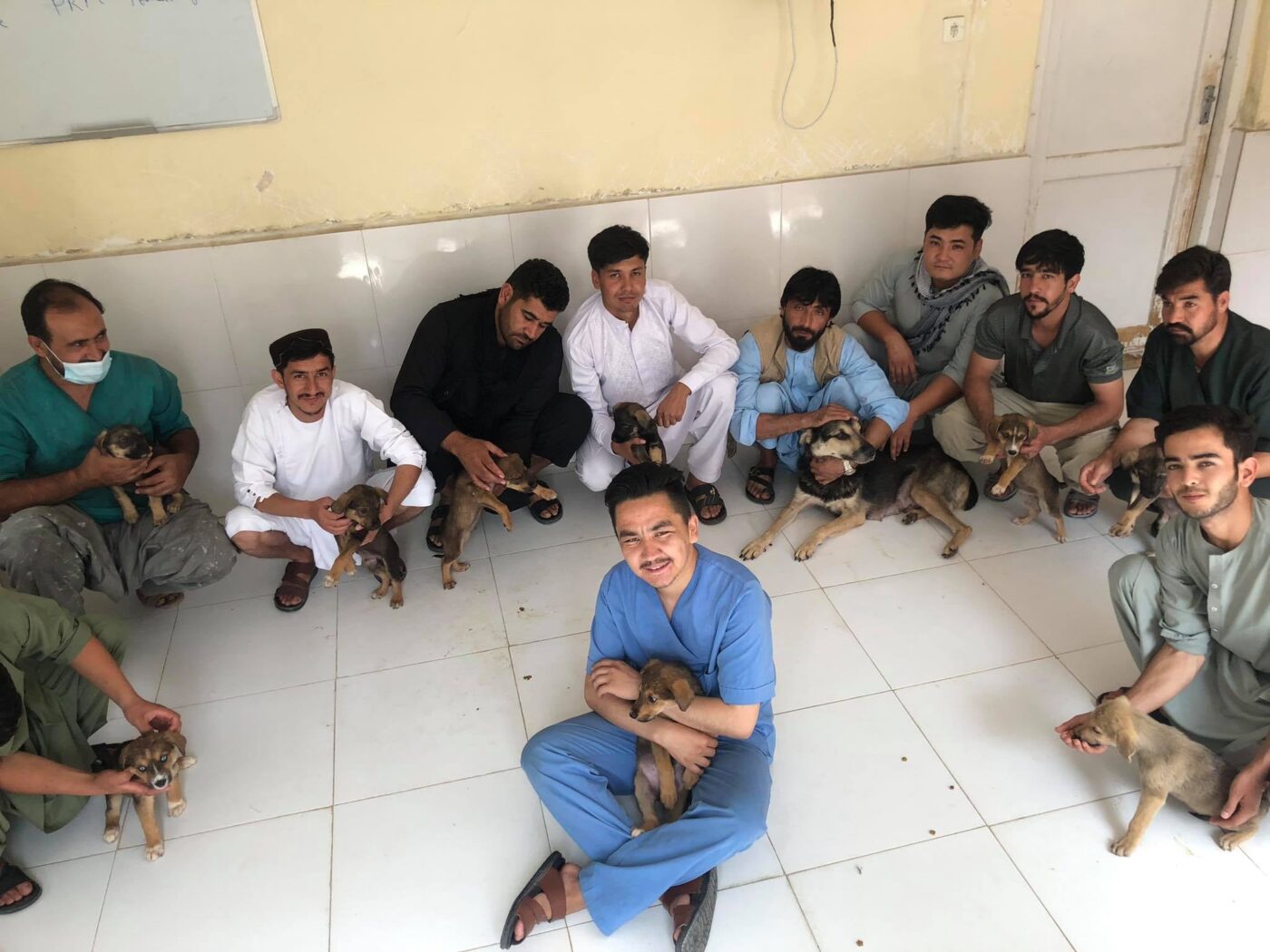
Of course, there will always be critics out there, and some wonder why rescue efforts went towards animals instead of humans. Sadly, helping people doesn’t work the same way.
“I am very conscious that a nation is falling and there are bigger fish to fry than dogs. If I could transport people, I’d do it in a heartbeat, but I can’t. What I can do is save what our fellow humans love — the dogs they raised and cared for. It’s not a small thing.”
The fate of Kabul Small Animal Rescue is still unknown, but you can follow their Facebook page for updates and donate to their cause.
H/T: Star Tribune
Featured Image: @kabulsmallanimalrescue/Facebook
 Toledo, United States.
Toledo, United States.